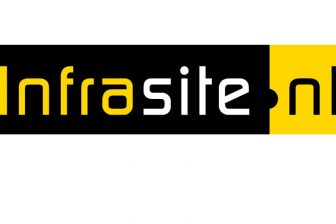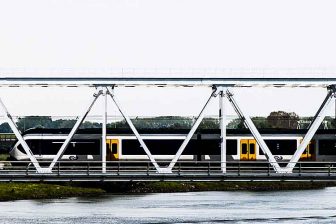Karel Van Miert facilitator for Galileo
Brussels, Belgium – Jacques Barrot, Vice President of the European Commission in charge of Transport, has appointed Karel Van Miert, former European Commissioner, to take up the role of mediator for Galileo. Mr Van Miert’s mission will be to act as mediator between Member States and European industry in order to facilitate decisions on the Galileo programme.
Over the past few weeks, some decisions at industrial level have been delayed for various reasons, partly because of the complexity of the industrial organisation. We want to see urgent progress, because teams of experts from the industry have been brought together and a truly European stock of scientific, economic and financial expertise on satellite navigation has emerged. These teams now have to get down to work in order to prepare the launching of the first four satellites of the Galileo constellation.
Galileo is the first big industrial EU project. It represents an enormous opportunity for research and mobility in Europe, for job creation and for industrial competitiveness. A large number of countries in the world want to participate in the programme. Galileo is a project that only a united Europe can accomplish. A divided Europe can only endanger the success of the project.
Jacques Barrot calls on all those concerned, including Member States, agencies and industry, to lend their help and support to Karel Van Miert so that he can successfully accomplish his mission as quickly as possible.
Galileo
Galileo runs in three stages (development, deployment and exploitation). During the development phase (2003-2008) the future constellation of Galileo with 30 satellites will be tested and validated on the basis of several operational satellites. The cost of this development phase is shared equally between the European Community and the European Space Agency (ESA) and corresponds to approximately € 1.5 billion.
At operational level, two experimental satellites should be launched before Summer 2006; this first satellite will be launched in the second half of December and will be baptized on 9 November in Noordwijk, The Netherlands, at the ESA Centre. The first four operational satellites should be launched in 2008.
The Joint Undertaking Galileo announced on 27 June 2005 that it started negotiations on a contract for the development and exploitation phases with a joint consortium Eurely-Inavsat. These negotiations are currently on-going and should be finished soon. The cost of the deployment phase (2008-2010) is € 2.1 billion, of which maximum one third from the EU budget and the rest from the private sector.
U las zojuist één van de gratis premium artikelen
Onbeperkt lezen? Profiteer nu van de introductieaanbieding voor € 10,- per maand.
Bent u al abonnee?



